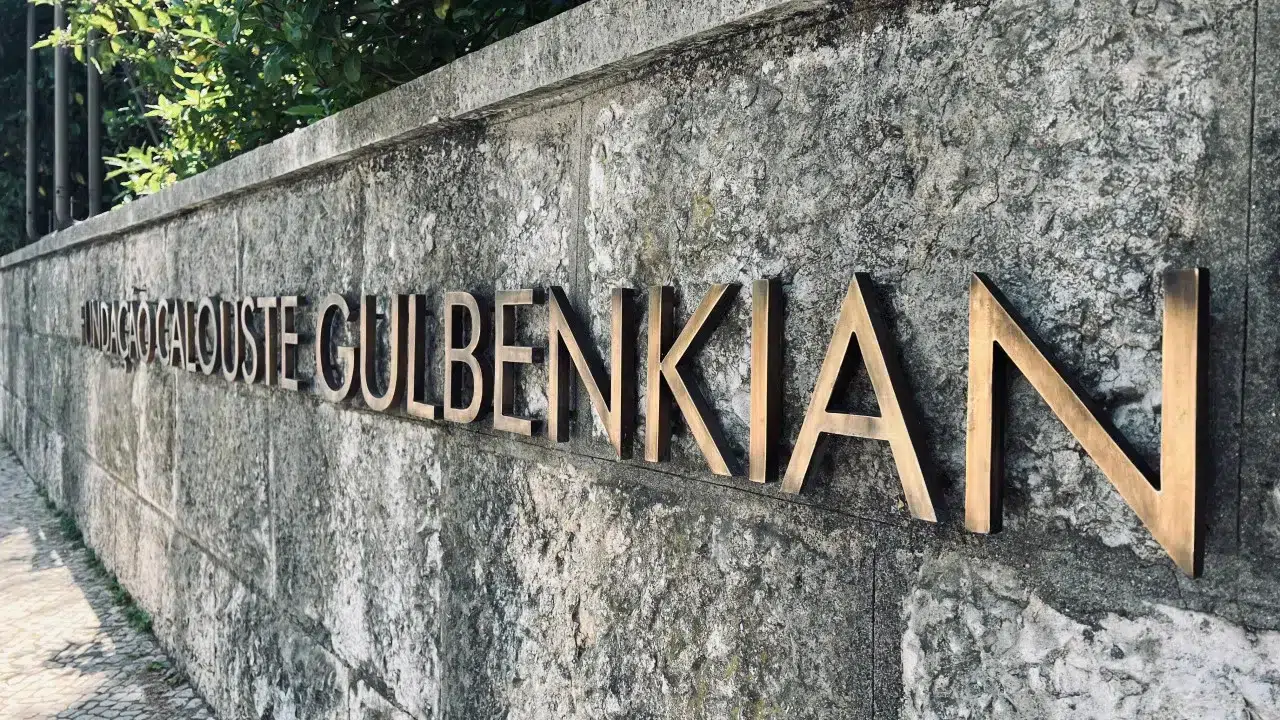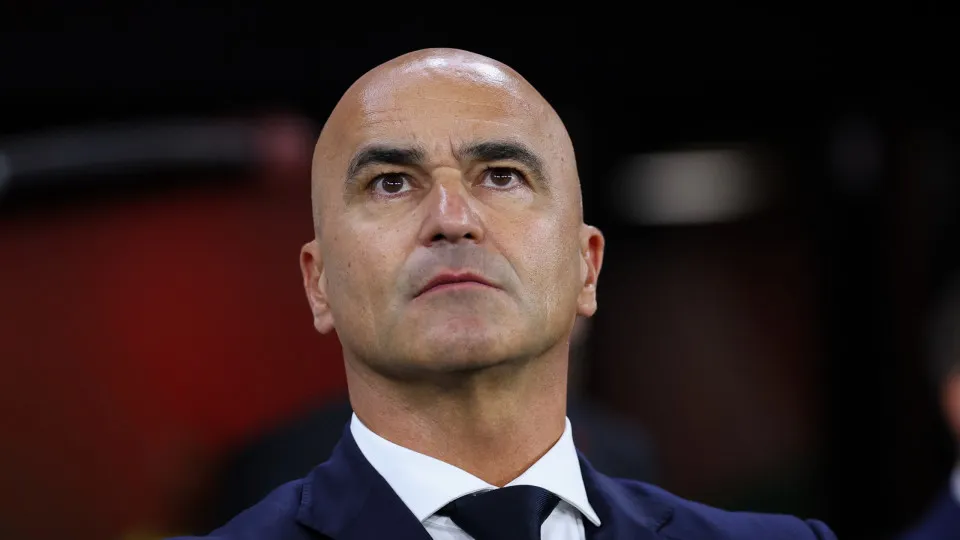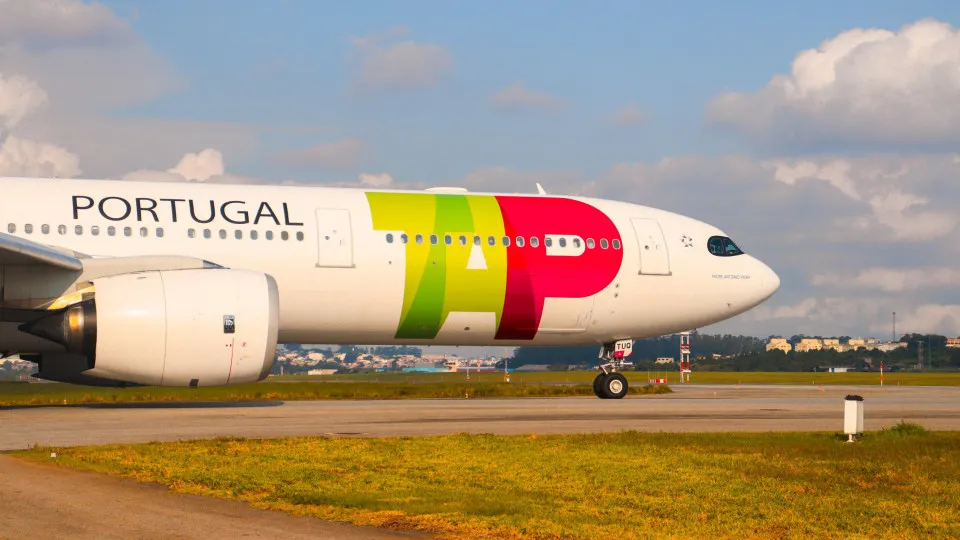
Mitsuko Uchida, Christian Zacharias, Alexander Melnikov, Piotr Anderszewski, and Javier Perianes are among the notable names featured in the Piano, Grand Interpreters, and Chamber Music cycles, which also include Isabelle Faust, Peter Mattei, and the Leipzig, Modigliani, and Quiroga quartets.
In a program encompassing over 120 performances, the Gulbenkian Choir and Orchestra serve as the cornerstones, with Participatory Concerts bringing together amateur and professional musicians, as well as the World Music cycle with music from Afghanistan, Armenia, Bulgaria, India, Senegal, and Corsican and Persian traditions.
The Piano Cycle opens with the Portuguese debut of Japanese pianist Mao Fujita on October 19 in the Grand Auditorium of Palhavã. Fujita, an international revelation in recent years, will perform compositions by Beethoven, Wagner, Alban Berg, Mendelssohn, Schoenberg, Brahms, and Liszt in Lisbon.
The cycle also includes regulars like Elisabeth Leonskaja (May 24), Arcadi Volodos (April 26), Nikolai Lugansky (April 16), Grigory Sokolov (March 23), Piotr Anderszewski (March 9), András Schiff (February 28), and Javier Perianes (December 7).
Pianist Mitsuko Uchida will perform as part of the Grand Interpreters Cycle on May 10, featuring Schubert’s Piano Sonata in G Major, D.894.
This cycle includes other notable performers such as baritone Peter Mattei with pianist Daniel Heide in Schubert’s final song cycle, “Swansong” (February 1), violinist Isabelle Faust with harpsichordist Kristian Bezuidenhout playing Bach’s Six Sonatas BWV 1014-1019 (April 12), and cellist Nicolas Altstaedt performing works by Dutilleux, Kodály, and Bach (October 21).
Jordi Savall will also be part of the Grand Interpreters Cycle, returning to the Gulbenkian on February 22 with his ensembles Hespèrion XXI and Orpheus 21 for “A Dialogue of Souls,” a project uniting Christian, Jewish, and Muslim musicians in Mediterranean and Eastern music, reminiscent of his 2023 album.
The cycle will feature semi-staged performances of Claudio Monteverdi’s “Il Ballo delle Ingrate,” “Il Combattimento di Tancredi e Clorinda” by the ensemble Il Pomo d’Oro, under the direction of Francesco Corti, with sopranos Ana Quintas, Carlotta Colombo, and Jin Jiayu, on October 13.
The Chamber Music Cycle features the Casals quartet with pianist Alexander Melnikov performing Shostakovich’s Quintet op. 57 (November 4); the Leipzig quartet with pianist Christian Zacharias in works by Gade, Brahms, and Schumann’s Quintet (November 27); the Modigliani quartet with clarinetist Pablo Barragán in works by Kurtág, Haydn, and Brahms (February 2); the Quiroga quartet performing Haydn’s “The Seven Last Words of Christ on the Cross” (February 23); and the Belcea quartet playing Mozart’s “Dissonance Quartet,” Britten’s second quartet, and Beethoven’s Quartet op. 135 (May 4).
Olivier Messiaen’s “Quartet for the End of Time,” originally composed in the Nazi concentration camp Stalag XIII and premiered in 1941 during World War II, will be performed by clarinetist Sharon Kam, violinist Liza Ferschtman, cellist Christian Poltéra, and pianist Enrico Pace on April 7, approximately 85 years after its debut, along with works by Erwin Schulhoff and Béla Bartók.
The World Music Cycle will present musical traditions from various regions in the Grand Auditorium of Palhavã, from “Memories of Afghanistan” by the Ustad Daud Khan Ensemble with rubab, sarinda, delruba, and tabla (October 25), to “Mystery of the Bulgarian Voices” (November 15) and a revisit of three centuries of Armenian music with the Gurdjieff Ensemble under the artistic direction of Levon Eskenian (May 23).
This cycle also includes the Franco-Senegalese duo Ablaye Cissoko & Cyrille Broto (November 29), traditional Persian music with vocals by Sara Eghlimi accompanied by tarm, santour, and tombak (March 21), classical Indian music featuring the sarod (April 11), and Corsican chants by the ensemble A Filetta (May 9).
The Participatory Concerts, involving amateur choristers alongside the Gulbenkian Choir and Orchestra, will focus on Osvaldo Golijov’s “St. Mark Passion,” which will be publicly performed on January 12 under the direction of Jean Paul Buchieri.
Composed in 2000, this work was one of four “Passions” commissioned by the International Bach Academy to mark the 250th anniversary of the Leipzig Master’s death.
The Gulbenkian Music Season 2025/26 will begin on September 6 with an open-air concert in Vale do Silêncio, district of Olivais, Lisbon, with the first concert at the Grand Auditorium two days later, marking the start of a series dedicated to Pierre Boulez in the year of the composer’s centenary. It will feature a free-entry recital by pianist Tamara Stefanovich, showcasing Boulez’s Second Piano Sonata alongside keyboard works spanning from the Baroque to the early 20th century.
The complete season program is available on the foundation’s website at gulbenkian.pt/musica/.




